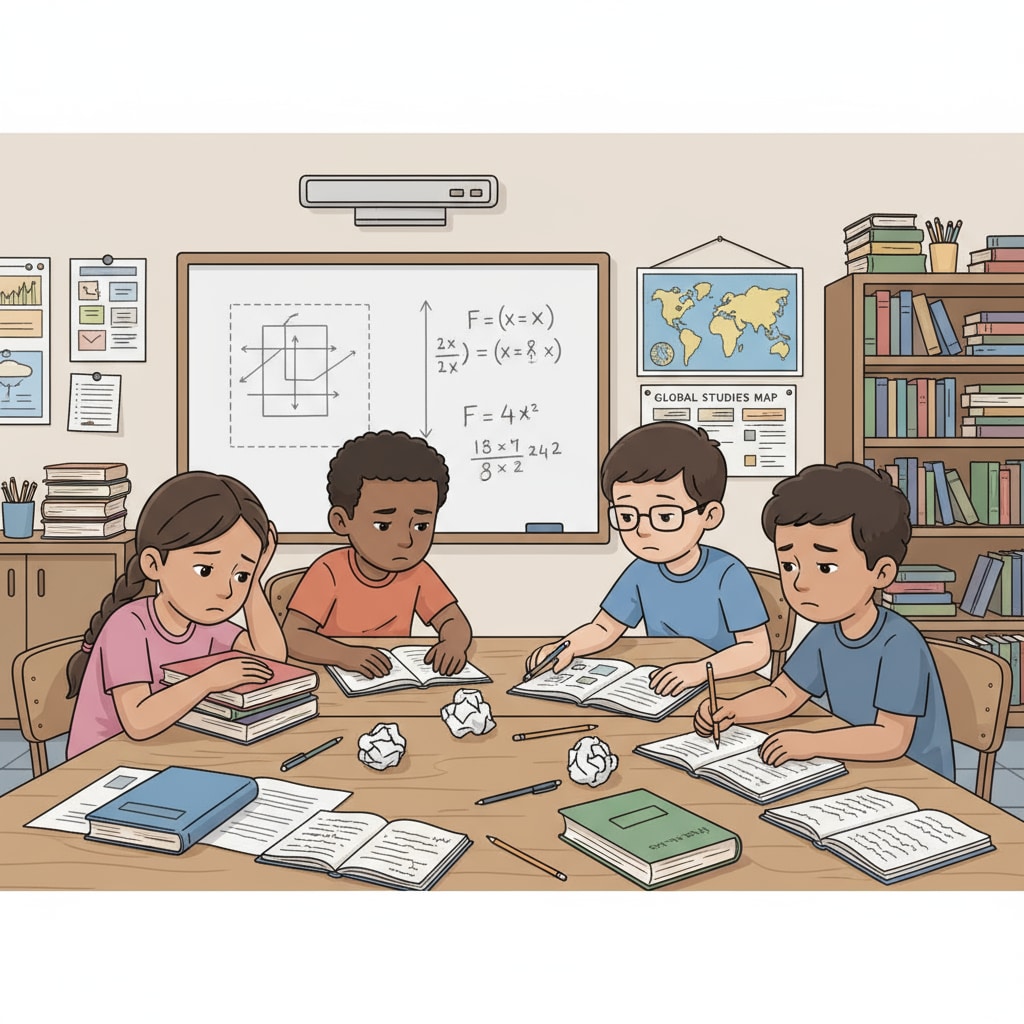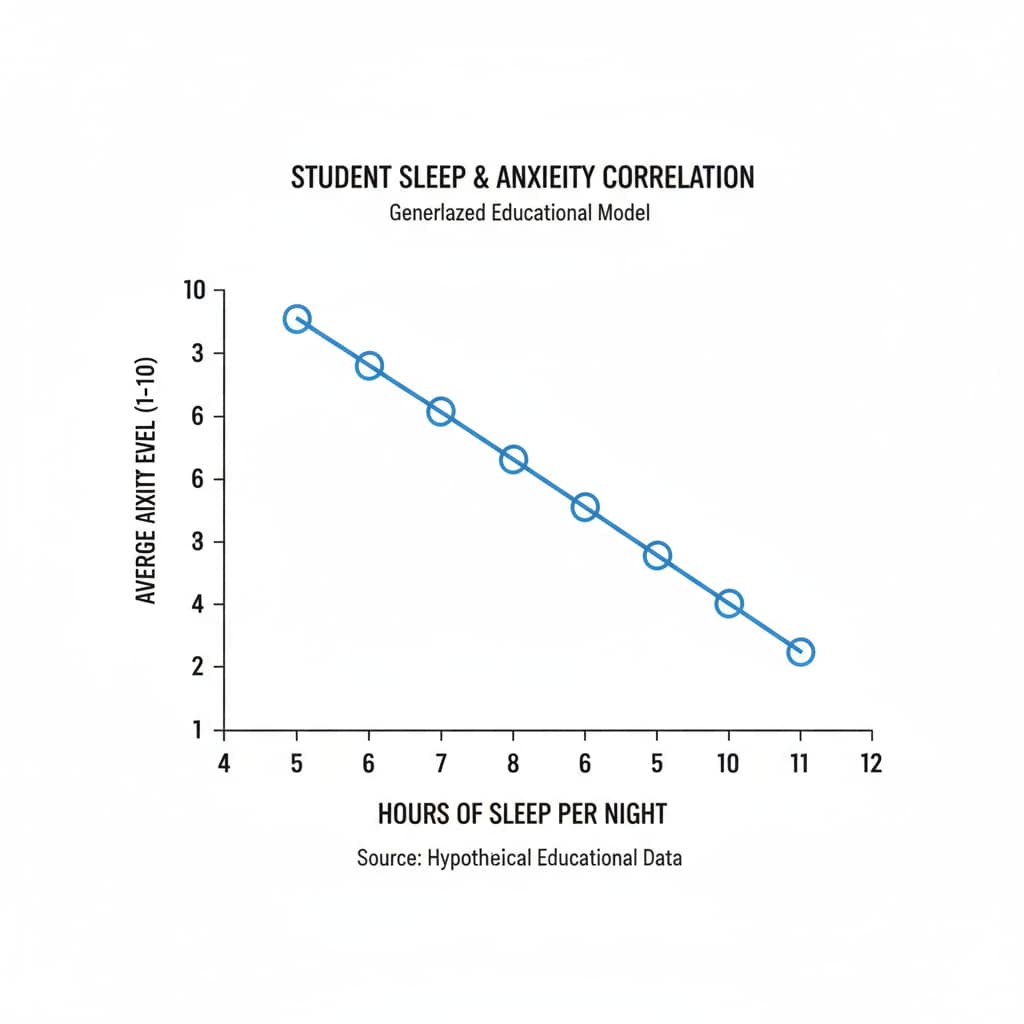In the modern K12 educational system, the issues of sleep, mental health, and school stress are intertwined. Students are often burdened with heavy workloads, which can lead to sleep deprivation and negative impacts on their mental health. Understanding the importance of sleep in this context is crucial for students to maintain their well-being and succeed academically.

The Link Between Sleep and Mental Health
Sleep plays a vital role in maintaining good mental health. According to The Sleep Foundation, during sleep, the brain processes emotions, consolidates memories, and restores itself. For K12 students, a lack of sufficient sleep can lead to increased irritability, anxiety, and depression. For example, when students don’t get enough sleep, they may find it difficult to control their emotions, which can affect their relationships with peers and teachers.

Sleep as a Buffer Against School Stress
School stress is a common challenge for K12 students. From exams to assignments, the pressure can be overwhelming. However, adequate sleep can act as a buffer against this stress. A well-rested student is better able to handle the demands of school. As stated by the American Psychological Association, sleep helps the body and mind recover from stress. When students are well-rested, they can approach academic tasks with a clearer mind and more resilience.
To achieve better sleep, students can adopt several strategies. First, they should establish a regular sleep schedule. Going to bed and waking up at the same time every day helps regulate the body’s internal clock. Second, creating a comfortable sleep environment is essential. This includes a dark, quiet, and cool bedroom. Third, limiting screen time before bed is crucial, as the blue light emitted by electronic devices can interfere with sleep.
In conclusion, sleep is not just a luxury but a necessity for K12 students. By prioritizing sleep, students can enhance their mental health and better cope with school stress. It’s time for a sleep revolution in the K12 education system to ensure students’ overall well-being and success. Readability guidance: This article uses short paragraphs to make the content more digestible. Lists could be added in future sections for better organization. The passive语态 is kept to a minimum, and transition words like ‘however’ and ‘for example’ are used to enhance flow.


